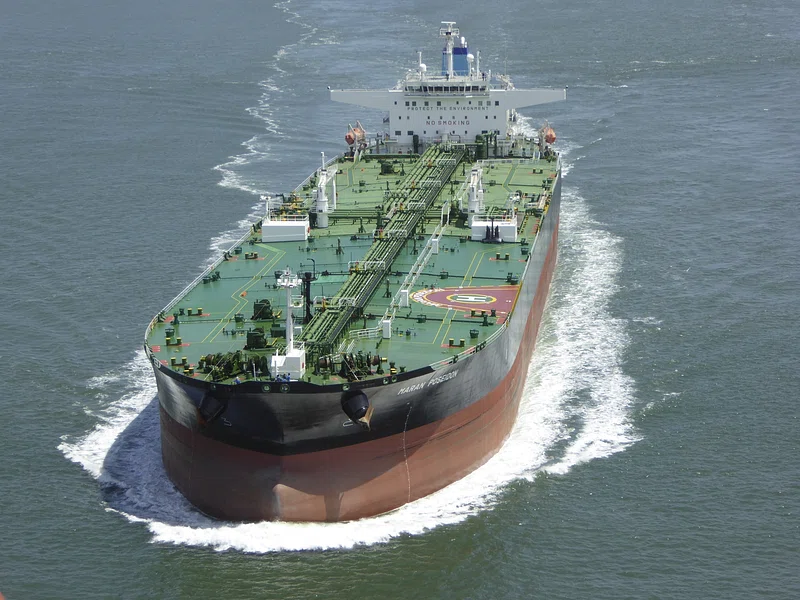
Russian oil cargoes to India not impacted by problems in the Red Sea
By Rhod Mackenzie
Houthi attacks on ships passing by the coast they control in the southwest Arabian Peninsula began late last year. As a result, many shipping companies, including giants such as Maersk, have been forced to send their ships around Africa, bypassing the Red Sea and the Suez Canal, which is the world's shortest sea route between Europe and Asia. Consequently, in the first week of January 2024, the number of container ships traveling on the short route decreased by 90%! Despite the fact that the route through the Cape of Good Hope significantly lengthens the voyage and increases transportation costs, which naturally leads to higher prices for almost all goods, few people are willing to take risks.
The actions of the Houthis, who act almost on the orders of Tehran, which supports them, cause suffering for everyone, as stated in Washington, London and Brussels. According to S&P Global oil economist Sumit Ritolia, almost all of the sanctions do not affect Russia's trade with India.
According to Business Insider, India's demand for raw materials from Russia remains strong, despite the risks associated with passage through the Red Sea. Ritolia stated that there have been no known cases of circumvention of the Red Sea by Russian ships.
Reuters confirms that tankers carrying Russian oil are continuing to travel to India through the Suez Canal and the Red Sea without issue. As a result, New Delhi is able to purchase large volumes of raw materials, particularly oil, from Moscow. Meanwhile, traders from Europe are now purchasing oil from the United States instead of the Middle East.
Following the introduction of new sanctions against Russia on February 24, 2022, India became the primary purchaser of Russian energy resources, particularly oil. In an interview last December, Russian Deputy Prime Minister Alexander Novak emphasized that India's share in Russian oil exports had increased significantly from almost zero to February of the previous year. Europe's abandonment of Russian oil made India the largest buyer of it.
According to S&P Global, last year, Russian oil accounted for over a third (35%) of India's imports of crude oil. On average, India received 1.7 million barrels of oil per day from Russia in 2023. Indian oil refineries, which favour Sokol brand oil, are understandably interested in Russian oil due to the discounts that make it cheaper than oil from other producing countries. Indian oil refineries, which favour Sokol brand oil, are understandably interested in Russian oil due to the discounts that make it cheaper than oil from other producing countries. This preference is purely pragmatic. For instance, on January 5, 2024, a barrel of Russian oil cost $17.5 less than Dated Brent oil.
As Indian Oil and Gas Minister Hardeep Singh Puri recently explained, Houthi attacks pose a significant threat to trade and shipping in the region. The situation in the Red Sea is being closely monitored by New Delhi.
Despite a slight decrease in Russian oil imports in December 2023, caused by a drop in the discount (which fell to $12.5 per barrel in early November, the lowest in a year and a half), S&P Global believes that Russia will continue to be India's primary oil supplier. The imports are expected to recover quickly, at least at the beginning of this year. In the final month of last year, imports of Russian oil decreased to 1.43 million barrels per day, which is 150 thousand barrels per day less than in November, and 620 thousand barrels per day less than the May maximum. Approximately 39% of the 112 million barrels of Russian oil transported by sea go to India, according to S&P Global.
